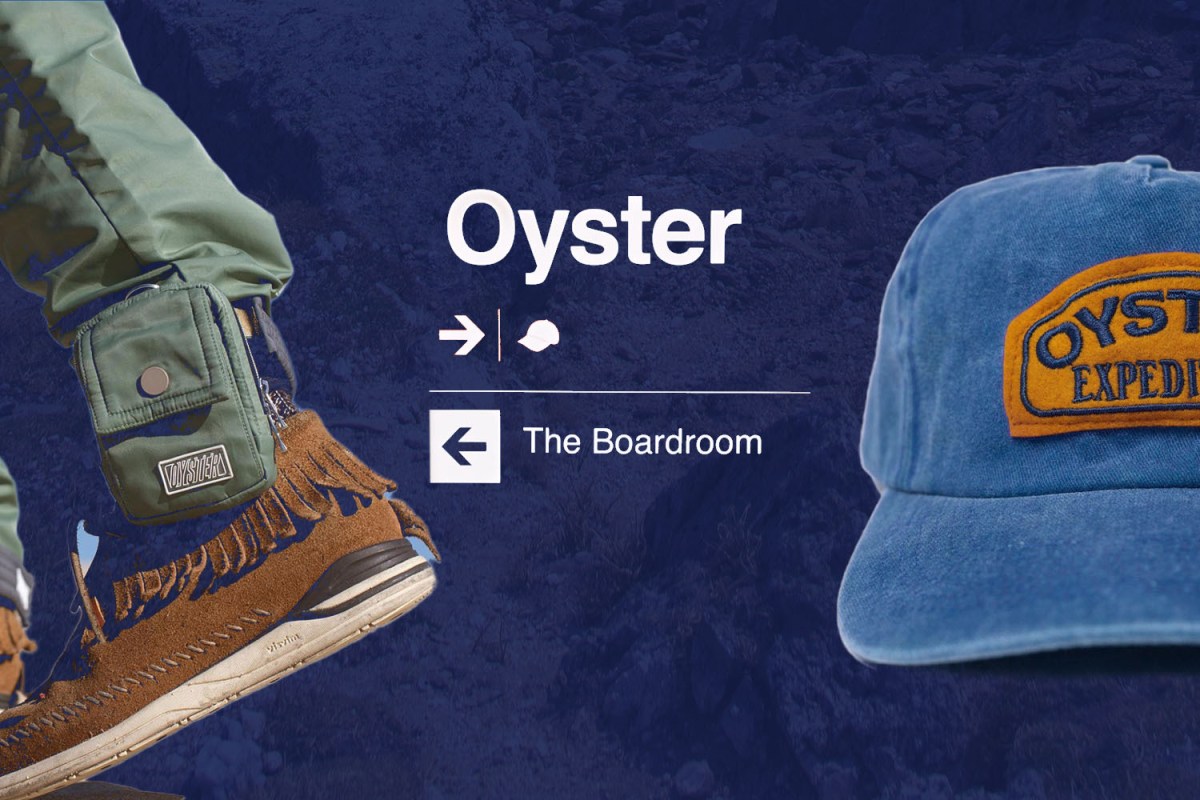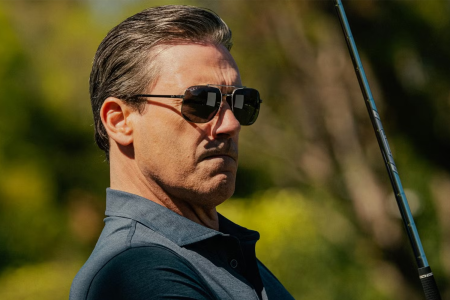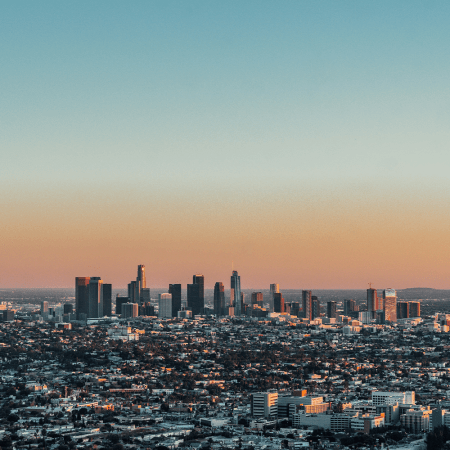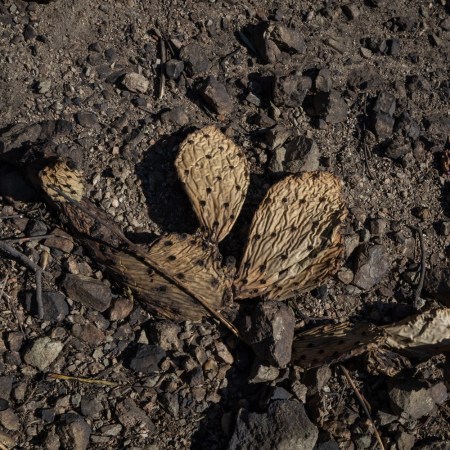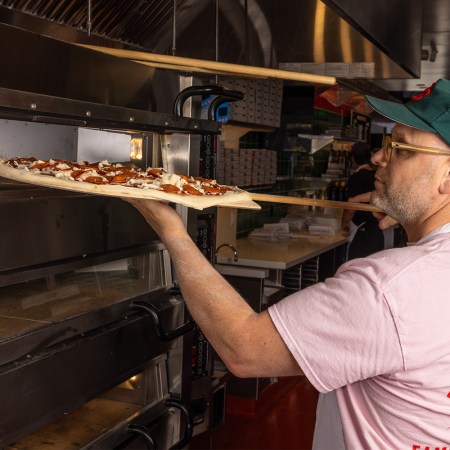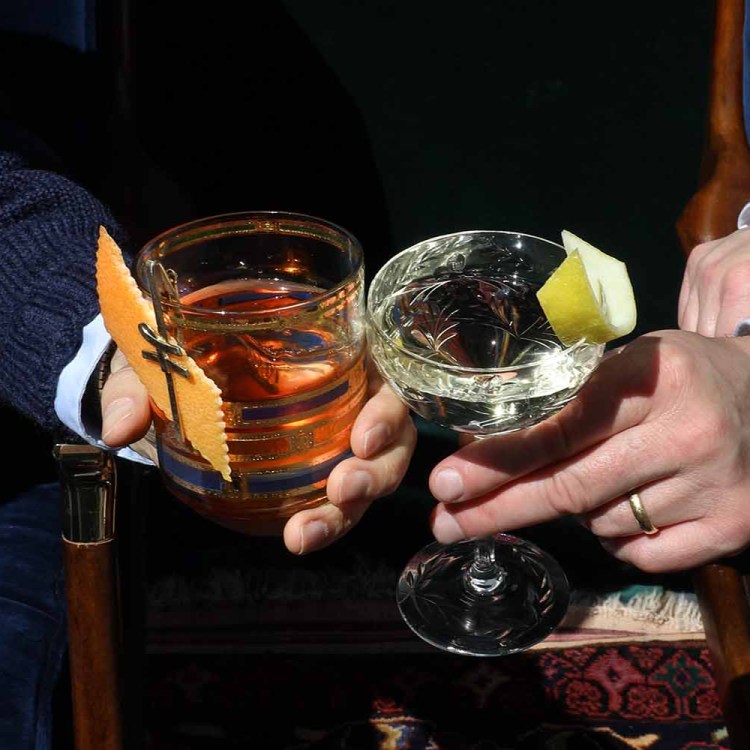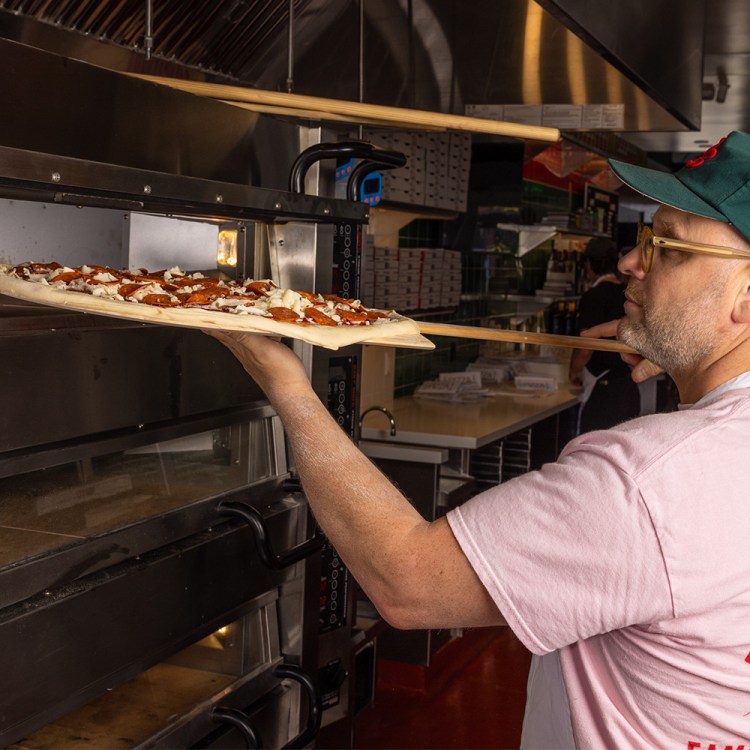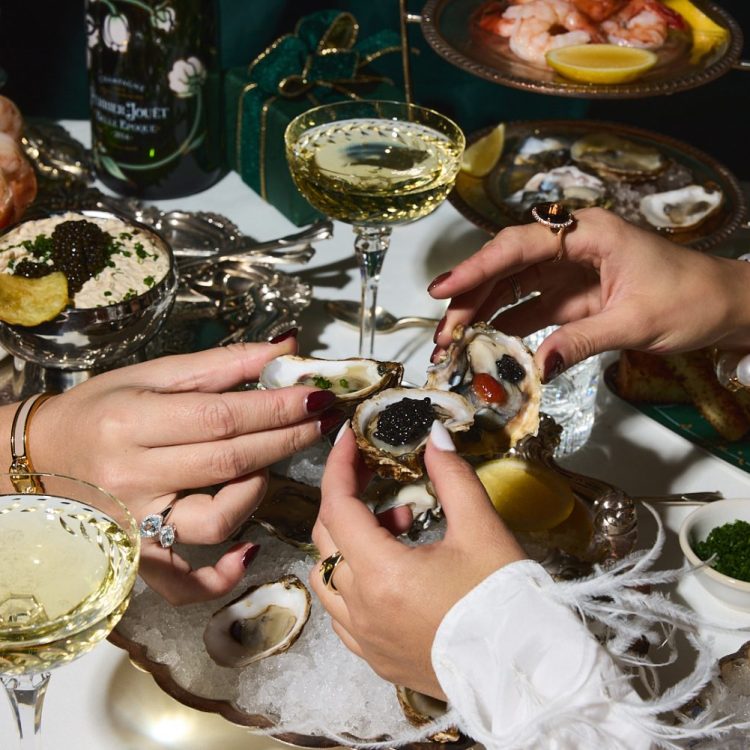Woodie White is the kind of immaculate multi-hyphenate who makes everybody else look bad. In addition to his main clothing brand, Oyster Holdings, White has launched a tennis club, founded a hiking club (which has expanded into longer expeditions to places like Lake Como and Napa) and recently just debuted a capsule collection with none other than Delta Airlines. “Traveling is a sport” is the ethos that defines Oyster Holdings, and in White’s mind, all the hubs fit together loosely under the holding company, giving him the freedom to evolve alongside with his own impulses and outside interests.
“Oyster Holdings was started in 2014, and it’s all based around travel — we make sportswear for travel,” White tells InsideHook. “Which naturally led to our trademark: ‘Traveling is a sport.’ Alongside that, Oyster Expeditions is the outdoors/adventure/hiking/kayaking and traveling hub, but there’s also a fashion component to it as well. With the name Oyster Holdings, I was setting up something that could encompass different ideas as the brand developed, without pushing us into a corner where we were about one thing specifically, so we could create these micro-categories throughout the brand.”
So how did he go about creating this fitness clothing mini-empire? By foregoing formal schooling and realizing he already had all the necessary experience, from growing up within the youth culture that massive brands were all trying to connect with. Born and raised in Lincoln Park, Chicago, White came up working for street teams doing “urban promotions” for record labels and other corporate brands — and he quickly translated those skills into a crystal-clear understanding of the world of marketing. Skipping college, he jumped straight into a career in fashion and moved to LA to work at the music, skate and clothing brand LRG from 2004 to 2012. From there, he helped Don C launch Just Don sportswear and led that organization until about 2015, while simultaneously launching Oyster Holdings the year before.
“It’s much easier if you just live it,” White explains. “I’m not knocking any sort of schooling, but I started out doing street team stuff. Around that time, companies like HBO and all these other corporate companies were moving away from traditional advertising and adding street teams, getting directly to the people as part of their initiatives. It didn’t matter if you went to school or not, because you had more knowledge than the person who went to school — you’re actually living what they’re trying to connect with.”
That boots-on-the-ground approach is still evident in the various communities and brands that White creates and collaborates with. His bi-monthly hiking group meets every other Saturday at a TBD location — anyone can DM the brand on Instagram to get the details. Same goes for the tennis club, which literally started out as just a T-shirt design, and around 2019 transformed into an actual club that meets every Sunday and Wednesday at the Rancho Cienega courts off Obama Boulevard.
Rock Jon Hamm’s “Landman” Shades Without Breaking the Bank
Quay has the lookalike sunglasses on lockWhite says his love for fashion is deeply rooted in the uniforms that come along with playing sports as a kid. “My early elements of loving clothing came from playing organized sports, because you always received uniforms,” he says. “Then, skateboarding brought in another element of that California style mixed with skate. And when music really became a part of my life — which was the late ’80s and early ’90s — that just exploded my love for Polo, Hilfiger, Nautica and Timbland. Then, of course, Nike, because of Michael Jordan at the time.”
To get a sense of the Oyster Holdings aesthetic, think Bo Jackson and his cross trainers or Andre Agassi’s Tech Challenge movement — it’s a mix of style, functionality and a hint of ’90s throwback vibes. Bright colors, unexpected patterns and clean lines define the collection, which includes further collaborations with brands like Adidas for their footwear line. And though Oyster has been around for nearly eight years, it was actually the pandemic that helped spur the real-world offshoots, like the hiking club and Oyster Expeditions.
“The concept of expedition being a format of travel was always something I had tucked away as an idea,” White says. “But when I started to hike, it was based on a necessity to be outside in March or early April 2020, when things got really bad. Then I just coined it as Oyster Expeditions and it got people interested in wanting to come out and join. It went from five or six people to 10, then more, and it just sort of built along the way. It was within people’s comfort zones of feeling like, ‘There’s a pandemic going on, but we’re OK being around other people as long as we’re outside.’ That was the formula, and luckily it’s still been growing with people getting back to regular life.”
These days, the hike group could span anywhere from 25 to 50 people on a given Saturday, and White is quick to note that anyone is welcome: “It’s totally inclusive,” he says. Simply send a message to the Oyster Expedition page for the details, and meet up that morning — although he also cautions that not every trail the group hikes is suitable for beginners. Still, even if you’re in a slower bracket — like I was on a recent visit with the group — odds are someone else is happy to stay back with you and make sure everyone gets to the top of the mountain, regardless of pace. That’s just the kind of supportive, judgment-free community White has built.
“I sort of look at this like a health club,” he says. “There’s an open door policy, and we don’t turn anyone away; we just like to make sure people know what they’re signing up for. My goal is to just bring more and more people out. Living in Los Angeles, especially for people who move here from other places, later in life, it’s difficult to make friends. This is a place where you can just come out, and say, ‘Hey we have something in common, we like to be outside, we like to hike.’ Then the relationship can form without the first couple sentences being ‘So what do you do?’ You’re able to learn about people in a way that’s more organic.”
This article was featured in the InsideHook LA newsletter. Sign up now for more from the Southland.
